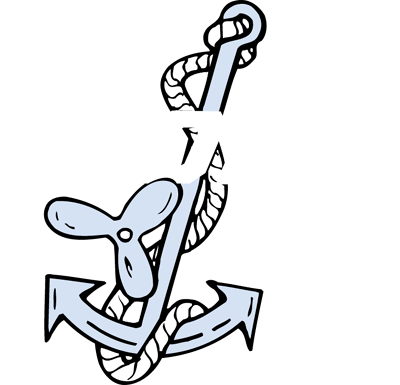Recovery Of Attorneys' Fees In ALJ Actions
A little-known provision of the Administrative Procedures Act found at 5 USC §504(a)(1)-(2) (sometimes called the “Equal Access to Justice” provision) opens the possibility to a prevailing party (other than the United States), to collect these and other expenses incurred in an adversary adjudication. This would cover the successful defense of a MOPS-insured in a Coast Guard administrative law license action.
To qualify for an award of fees and costs, the mariner must have prevailed completely (that is, must have succeeded in getting the Coast Guard’s case dismissed or defeated in its entirety). The mariner must then submit to the agency an application showing that he or she is the prevailing party and is eligible to receive an award under this section within thirty days of a final disposition of the adversary adjudication. 5 USC §504(a)(2).
Finally – and here’s the punch line – the prevailing party, in order to qualify for an award of fees and expenses, must prove that the position of the agency (i.e., the Coast Guard) was “not substantially justified.”
“Fees and other expenses” include the reasonable expenses of expert witnesses, the reasonable costs of any study, analysis, report, test or project found by the agency to be necessary to prepare the party’s case, and reasonable attorney or agent fees. 5 USC §504(b)(1)(A). Attorney or other agent fees shall not be awarded in excess of $125/hour. 5 USC §504(b)(1)(A). The fees and other expenses awarded under this statute must be paid by the agency over which the party prevails from funds made available to the agency by appropriation or otherwise. 5 USC §504(d).
“Substantial justification” is defined by case law. Naturally, “substantial justification” will be relatively easy for the agency to prove by showing that, for example, the claims asserted are based in good faith, or based on a reasonable inquiry or investigation. Even if the claims are later determined to be in error, the agency will likely be able to establish “substantial justification”. “Substantial justification” is to be determined on the basis of a review of the administrative record as a whole. 5 USC §504(a)(1).
In the one reported decision that relates to the Coast Guard, the District Court for the Eastern District of Pennsylvania ruled that there was no abuse of discretion, and therefore that there was substantial justification, for the Coast Guard to issue citations against docking masters for docking vessels without the requisite licenses, even though the docking masters successfully defended against the charges on the basis that there was no clear nationwide policy governing the licensing of docking masters, and that the industry had received conflicting directives. Bruch v. U.S. Coast Guard, 749 F.Supp. 688 (E.D. PA 1990).
